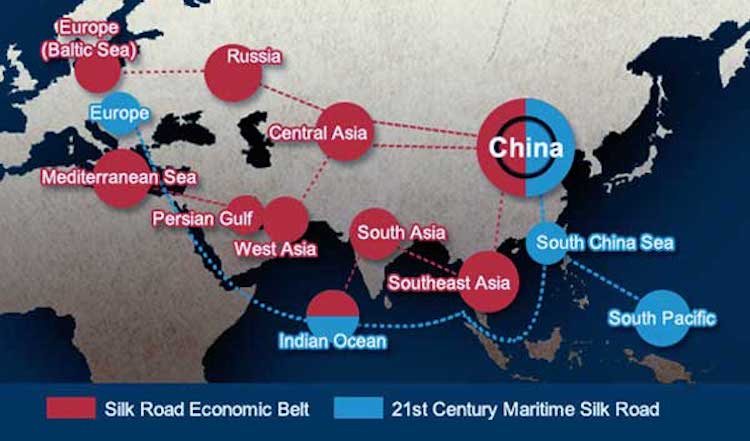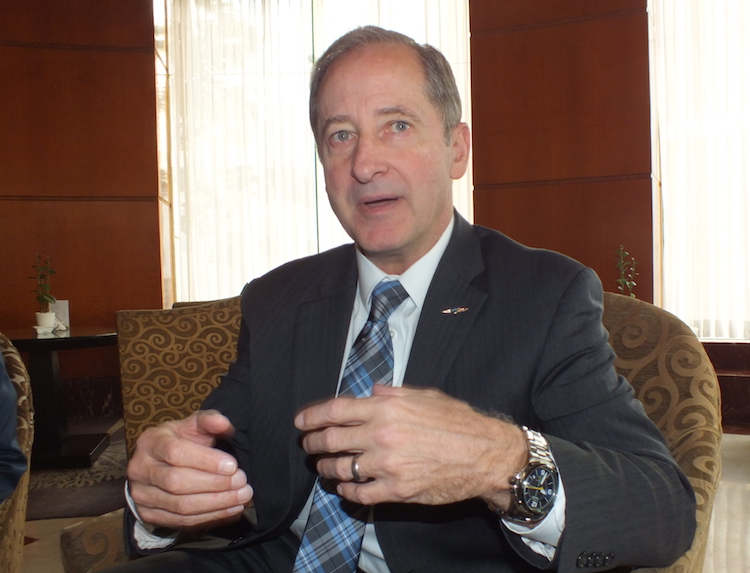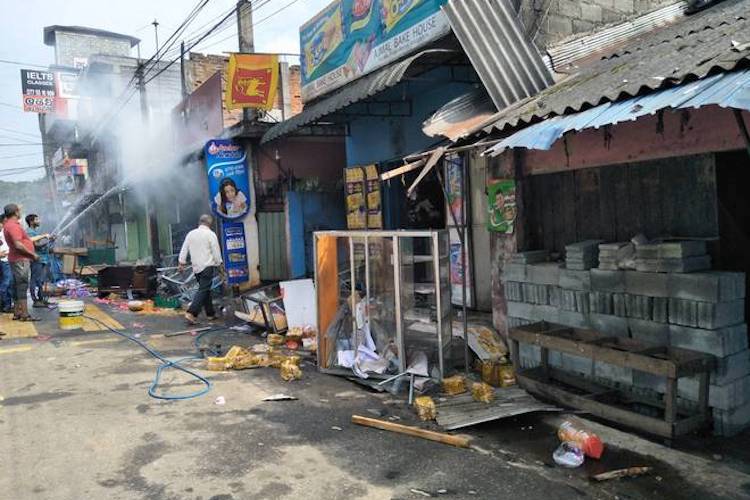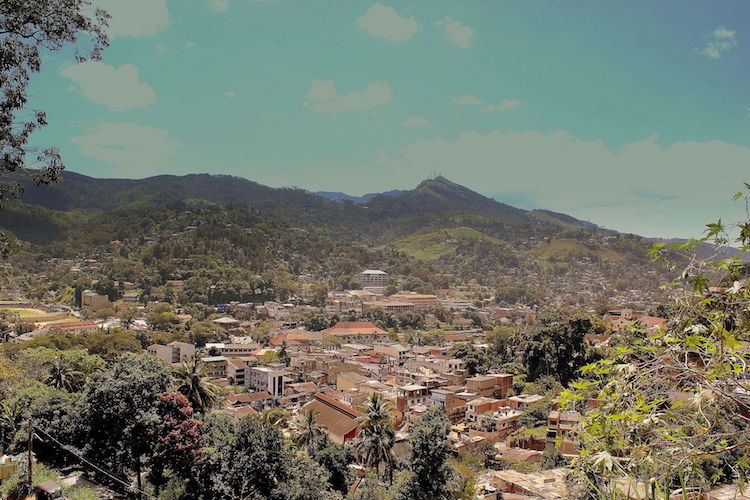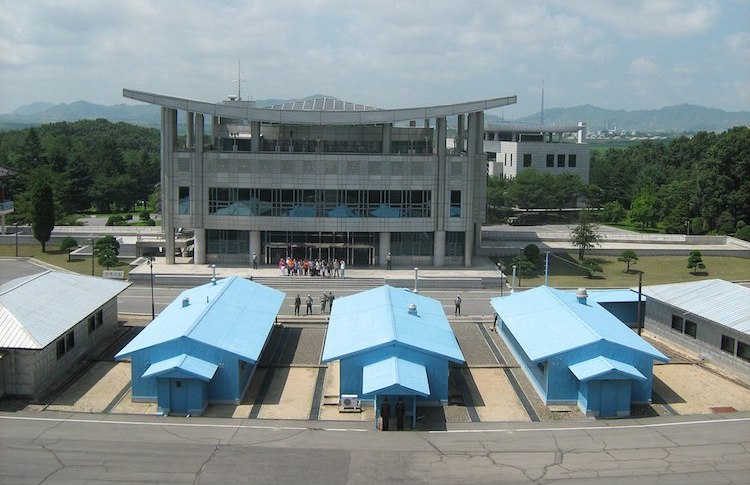Viewpoint by Dr Palitha Kohona The writer is former Permanent Representative of Sri Lanka to the United Nations and former Foreign Secretary. – The Editor COLOMBO (IDN) – The Indian Ocean region is experiencing a fondly anticipated luxury. Almost every one of the economies of the region is expanding at a rate that gives hope […]
Why Eye Care is Important – for Bangladesh and Other Countries
By Naimul Haq DHAKA (IDN) – John Bob Ranck, also known as Bob, Chief Executive Officer and President at Orbis International, recently visited Bangladesh on a special mission. He travelled to some of the hospitals where Orbis as a partner has been supporting Bangladesh’s efforts in addressing avoidable blindness. Bob, a retired United States Air […]
Sri Lankan Academics Abroad Condemn Violence Against Muslim Community
By Shanta Roy NEW YORK (IDN) – A group of Sri Lankan academics teaching in educational institutions abroad – and numbering about 50 – has written to condemn ongoing violence against Sri Lanka’s Muslim community, especially the “brutal attacks” perpetrated early March. In a letter published by ‘Groundviews‘, they say: “We are outraged that the […]
Sacked Tillerson Cuts Short Long-Awaited Africa Visit
By Lisa Vives, Global Information Network NEW YORK (IDN) – An extended visit to Africa by the U.S. Secretary of State to mend fences after President’ Donald Trump’s crude description of African and the Caribbean countries was cut short March 13 by the dismissal of the embattled Secretary Rex Tillerson. President Trump had announced such […]
Infrastructural Boom Spreads Across Southern Africa
By Jeffrey Moyo HARARE (IDN) – Waving a red cloth tied to a stick while signalling vehicles to stop, 35-year old Denford Muzvidziwa who dons blue overalls and a white helmet, joyfully busies himself on the Harare-Mutare high way which is still being upgraded. For over a decade after he completed a degree in Social […]
Sri Lanka’s Extremists Find a New Enemy
Viewpoint by Dr Farah Mihlar* LONDON (IDN) – After fiercely quelling a three-decade armed conflict fought mainly on ethnic grounds, majoritarian politics in Sri Lanka has found a new enemy – the country’s nine percent Muslim community. In the worst outbreak of violence against Muslims in recent years, Sinhalese-Buddhist mobs were on the rampage earller […]
The Timing of ‘Communal’ Violence in Sri Lanka Raises Questions
By Kalinga Seneviratne This article is the 21st in a series of joint productions of Lotus News Features and IDN-InDepthNews, flagship of the International Press Syndicate. BANGKOK (IDN) – The damage has already been done. Buddhists are accused of Islamaphobic communal attacks in Sri Lanka and tourists are cancelling their trips to the country as the international media […]
Mixed Reactions To Inter-Korean Accord
By Yonhap News Agency This report was carried by the South Korean news agency on March 6 (local time: 23.38) and is being reproduced to give a glimpse into how the current development on the Korean peninsula is viewed in the Republic of Korea. – The Editor SEOUL (IDN-INPS) – South Korean political parties on […]
New South Africa President Endorses Land Transfers to Blacks
By Global Information Network NEW YORK (IDN) – Barely a month into his presidency, Cyril Ramaphosa has taken sides on a hot button issue whose resolution had eluded previous leaders. He vowed to speed up the seizure of land from white owners and turn the properties over to blacks. “This original sin that was committed […]
Nuclear Deterrence Policy Gathering Steam in India
By Sudha Ramachandran BANGALORE (IDN) – “Though India is a reluctant nuclear power, nuclear deterrence will continue to play a crucial role in India’s national security strategy over the next few decades,” says Brigadier Gurmeet Kanwal, Distinguished Fellow at India’s Institute for Defence Studies and Analyses (IDSA). In his recent book ‘Sharpening the Arsenal: India’s […]

